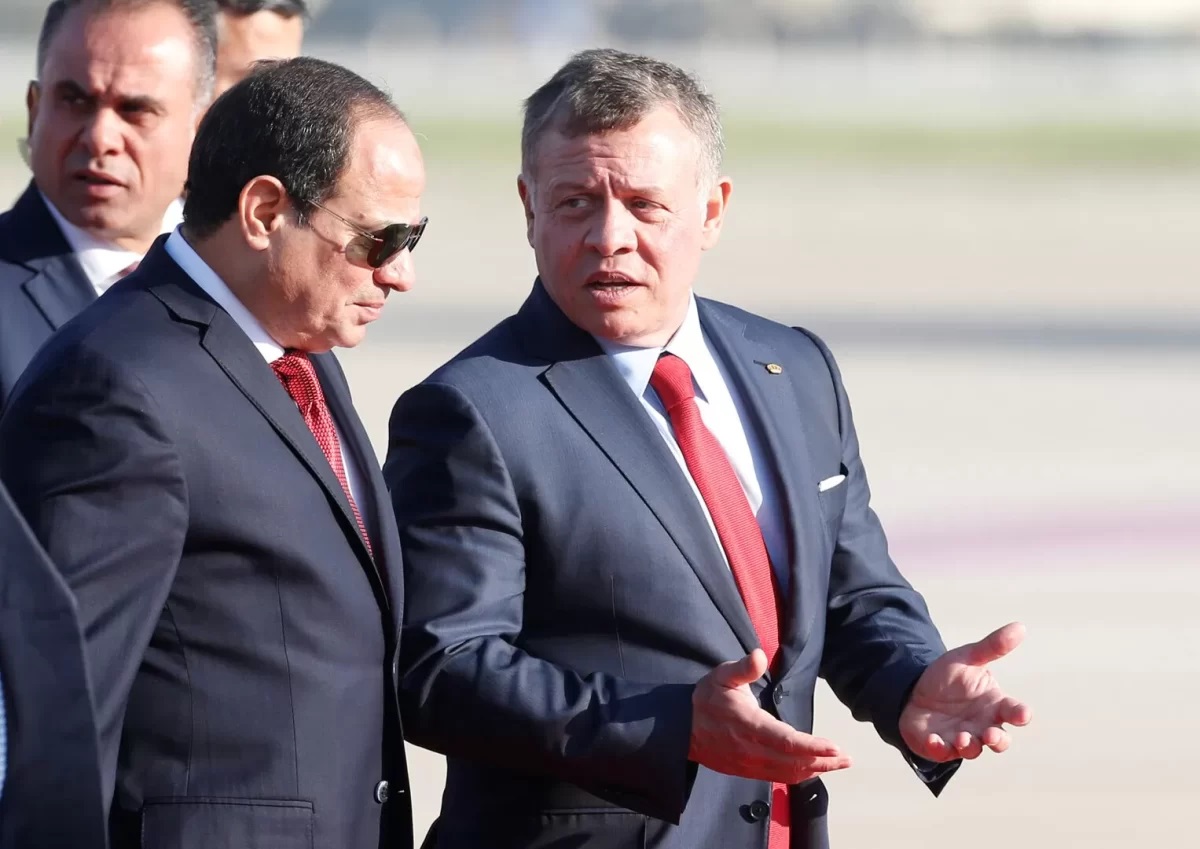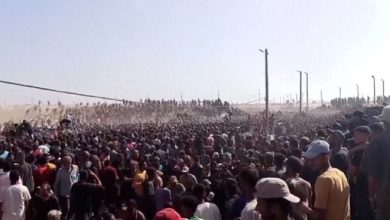Watan-The Hebrew newspaper “Haaretz” discussed differences among four Arab countries that have normalized relations with Israeli occupation through “peace” agreements. It explained that Egypt and Jordan have different priorities than the UAE and Saudi Arabia regarding the Israeli war on Gaza.
Haaretz quoted Israeli writer Tzvi Barel, stating that these normalized countries, bound by peace agreements with the occupation, have not severed ties with Israel. However, their perspectives on the war on Gaza differ, despite their support for each other in other policies.
Barel clarified that Jordan and Egypt fear direct security threats related to their borders adjacent to Israel, while the UAE and Saudi Arabia view Gaza as a humanitarian disaster zone due to the absence of shared borders with the besieged territory.
Alleged Differences in Priorities Toward Gaza
The Hebrew writer continued by asserting that “Saudi Arabia and the UAE have several urgent matters to attend to, distinct from what concerns Egypt and Jordan, such as coordinating global oil prices, a topic that garnered attention during the visit of the Russian president this week.”
Egypt and Jordan, on the other hand, view the war on Gaza as a strategic threat that directly jeopardizes their security. In contrast, the UAE and Saudi Arabia perceive the event as humanitarian, with less seriousness regarding threats and security risks arising from the escalation of fronts along the borders.
It seems that the Hebrew newspapers aim to convince both the Arab and international audiences that Jordan and Egypt stand on the opposition front against the displacement of Palestinians from the Gaza Strip. However, this appears unrealistic, as all indications point to Egypt’s preparations for a deal that involves receiving financial compensation in exchange for considering displacement as an inevitable and realistic option.
Barel claims that the real reason for Egypt’s and Jordan’s fear of displacement is the concern that it might create a new focal point of animosity and security threats in Arab countries. Unlike Syrian and Iraqi refugees, Palestinian refugees have no state to return to after the war, according to the newspaper’s assertion.
As for the Gulf states, particularly the UAE and Saudi Arabia, they seem indifferent to these risks and have other pressing matters to address. Riyadh may even work on restarting normalization talks with the occupation under different conditions after the war.


